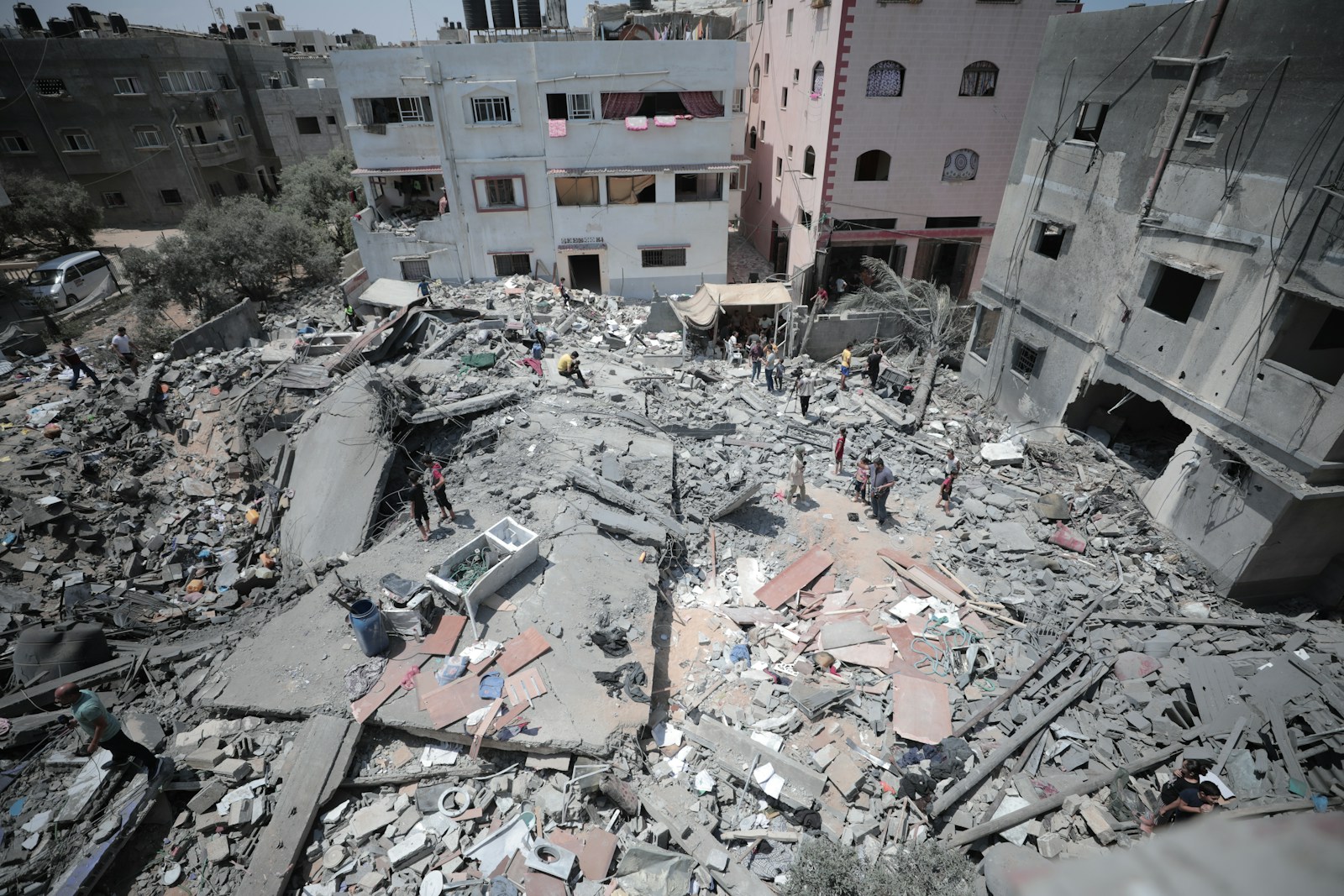Israel-Gaza Conflict: America Affirms Airdrop of Humanitarian Aid

In the face of escalating tensions and deteriorating humanitarian conditions in the Israel-Gaza conflict, the United States, in collaboration with Jordan, has confirmed the delivery of humanitarian aid via airdrops. Although the move is lauded as a necessary intervention, experts maintain that the US must increase pressure on Israel to allow more land-based aid into the region.
Humanitarian Crisis: A Brief Overview
The Israel-Gaza conflict has seen an unprecedented rise in violence, leading to a severe humanitarian crisis. The pressing need for humanitarian aid has been underscored by the fact that the US, along with Jordan, has now resorted to airdropping meals into Gaza. However, it is important to note that these air drops, while beneficial, are not an optimal solution. They cannot compensate for the Israeli restrictions on food transfer via land crossings, which continue to exacerbate the crisis.
The Need for Aid: A Closer Look
The US has confirmed that it has successfully airdropped 38,000 meals into Gaza, highlighting the extreme conditions in the region. The escalating violence and increasingly desperate situation have led to calls for immediate and significant humanitarian aid. While the airdrops offer a temporary solution, they underscore the need for a more sustainable, long-term strategy to address the crisis.
The Problem with Airdrops
Despite the immediate relief they provide, airdrops are not a panacea for the humanitarian crisis in Gaza. As Jeremy Konyndyk, a former US disaster relief official, points out, airdrops are typically the last resort when ground conditions prevent the use of more efficient transportation methods. They are expensive, potentially dangerous, and deliver a relatively small volume of aid. Therefore, while beneficial in the short term, airdrops are unlikely to alleviate the humanitarian crisis in Gaza in the long term.
The Need for Increased Pressure on Israel
Given the limitations of airdrops, experts argue that the US needs to exert more pressure on Israel to allow a greater volume of aid into Gaza via land crossings. While Israel has maintained that there is no limit on the amount of food, water, medicine, or shelter equipment that can enter Gaza via its crossings, the reality on the ground contradicts this claim. The recent killings in the aid convoy, which resulted in 118 deaths, highlight the urgent need for a safe and efficient method of delivering aid to Gaza.
The Role of Mediated Talks
In addition to facilitating the delivery of humanitarian aid, mediated talks between Hamas and Israel also play a crucial role in alleviating the crisis. A possible six-week truce and prisoner exchange are currently on the table, potentially providing a much-needed respite for the people of Gaza. However, the success of these talks hinges on the willingness of both parties to make compromises.
The Impact of Protests
Public opinion and protests also play a significant role in shaping the response to the Israel-Gaza conflict. In Israel, thousands have taken to the streets to demand a rapid return of captives in Gaza and early elections. Their voices add to the growing chorus of international calls for an immediate ceasefire in Gaza.
The Human Toll of the Conflict
The human cost of the Israel-Gaza conflict is staggering. In less than 150 days, Israeli forces have killed more than 30,000 Palestinians across Gaza and the occupied West Bank. These figures highlight the urgency of the situation and underscore the need for immediate and substantial humanitarian aid.
The Role of International Community
The international community has an important role to play in the Israel-Gaza conflict. From exerting diplomatic pressure for a ceasefire to providing humanitarian aid, the actions of the international community can have a significant impact on the situation on the ground. However, it is crucial that these actions are not only immediate but also sustained over the long term to ensure the delivery of necessary aid and the protection of human rights.
The Way Forward
The situation in Gaza is dire, and immediate action is necessary. However, airdrops of aid are only a temporary solution. The US, along with the international community, must increase pressure on Israel to allow more aid into Gaza via land crossings. At the same time, mediated talks offer a potential path towards a ceasefire and a more peaceful resolution to the conflict. Ultimately, the goal must be to alleviate the humanitarian crisis in Gaza and ensure the protection of human rights for all.




